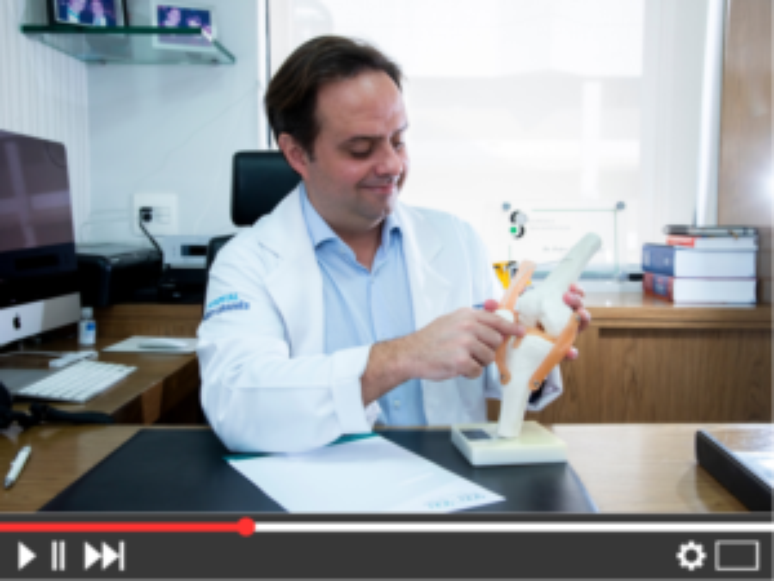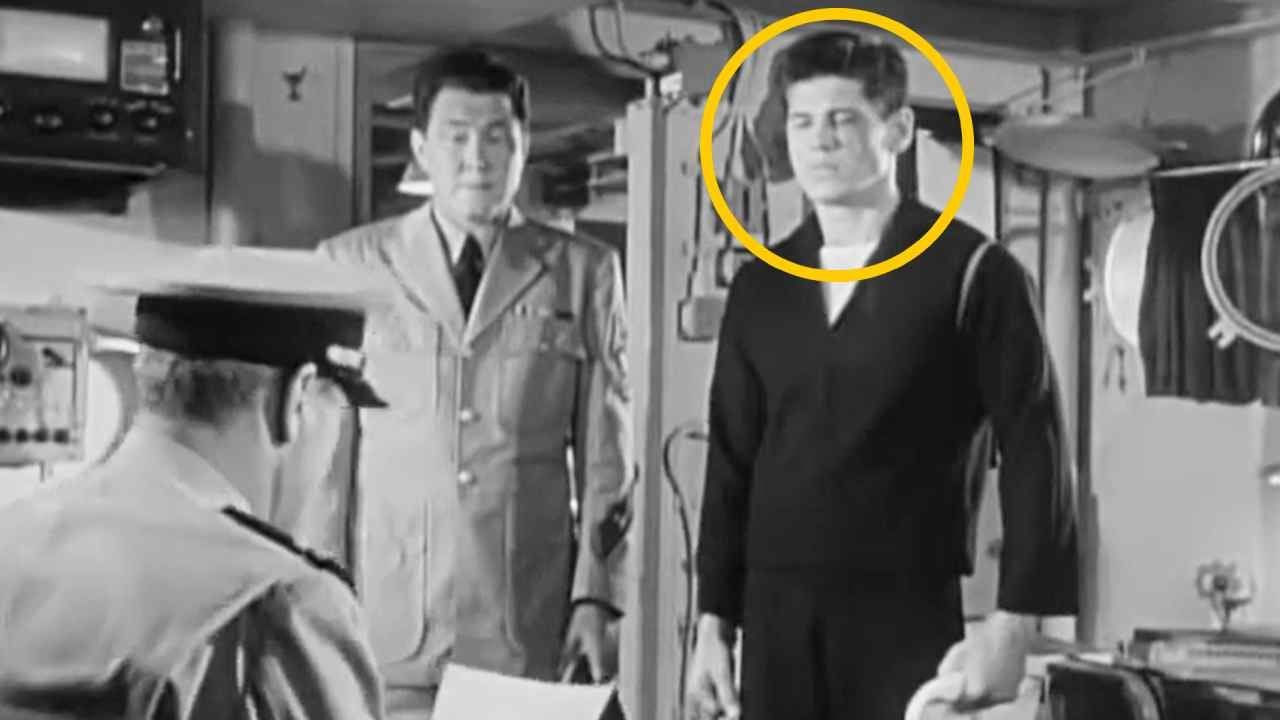Dr. Daniel Botelho advises that careful research can protect your health when exploring medical information on YouTube
YouTube has become an essential tool for anyone seeking information on medical procedures. However, the ease of access to information online does not guarantee its accuracy, especially when it comes to health. The spread of inaccurate or outdated information can lead to dangerous misconceptions and poor health decisions. Wellbeing deserves responsible care and attention, even in the vast digital world we live in.
The revealing study by the American Society of Dermatology published an article explaining that the majority of drug instruction videos contain information with a quality of: 54% correct and 32% poor. Surprisingly, the lower quality videos had more views than the high quality videos. Over the past 10 years, the 50 most-viewed drug videos have accumulated 25.8 million views, despite many of them containing inaccurate or incomplete information. Plastic surgeon Dr. Daniel Botelho, president of BAPS (Brazilian Association of Plastic Surgeons), is active on YouTube, where he publishes posts daily for his audience of over 80 thousand subscribers. With over 845 videos and 15 playlists carefully organized to make it easy for patients to understand, Dr. Botelho uses this platform to educate the public about procedures and healthcare. However, he strongly emphasizes the importance of in-person medical consultations. “Although I maintain an informative YouTube channel, I always prioritize meeting my patients face-to-face before any surgery. My videos on the channel are only to answer initial questions, but I stress that a personal consultation is essential for a safe and effective treatment ” says Dr. Daniel Botelho. The BAPS president explains the complications that can arise from blindly trusting YouTube videos, especially when it comes to health issues. “The wide variety of content creators on the platform means that anyone, regardless of their qualifications, can post videos about medical procedures. Inaccurate information, dangerous claims and inappropriate advice can be found in seemingly trustworthy content.” Relying solely on videos without properly verifying the creator’s credentials and without proper medical advice can result in serious health complications, highlighting the need for careful judgment when navigating the vast ocean of digital information. “It is crucial that people research doctors who provide information on YouTube. Even though these professionals have popular channels, it is essential to verify their credentials and experience. Additionally, it is advisable to consider seeking a second medical opinion,” recommends the plastic surgeon.
Source: Terra
Ben Stock is a lifestyle journalist and author at Gossipify. He writes about topics such as health, wellness, travel, food and home decor. He provides practical advice and inspiration to improve well-being, keeps readers up to date with latest lifestyle news and trends, known for his engaging writing style, in-depth analysis and unique perspectives.








